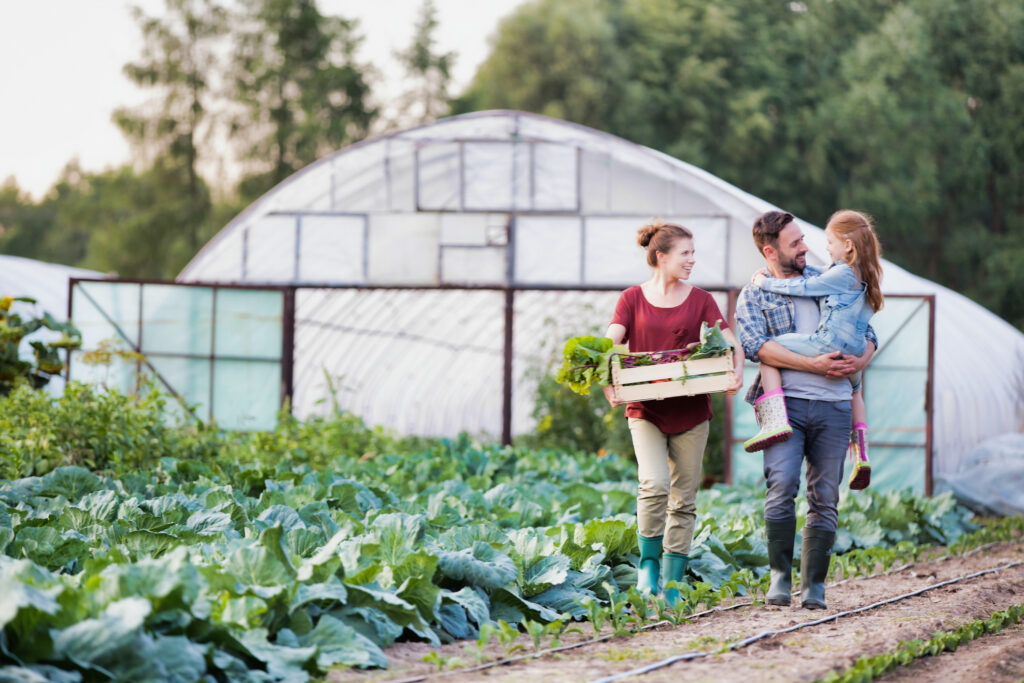Many professionals (and others) who retire – or who are on the verge of retiring – turn their minds to buying farmland and carrying out some sort of small-scale farming activities. And some are already right into it.
But there are some important tax considerations that should be borne in mind in any of those cases – the key one of which is the “non-commercial loss” rules that apply to limit or deny a deduction for losses from that activity.
Importantly, these rules only apply if you are carrying on a business of farming (or any business for that matter) – as opposed to merely “hobby” farming (or any hobby activity). If it is merely a hobby, then generally there are no tax consequences associated with the activity. (However, note that it is not always easy to determine the difference between hobby farming and farming as a business.)
But if you are carrying on a farming business (or any business for that matter) the “non-commercial loss” rules will come into play.
And these rules provide that losses from a non-commercial business activity will be restricted from being offset against other income (such as other investment income, rent or salary and wages) unless that business activity satisfies one of the four “commerciality tests”.
Furthermore, if the rules apply, then the non-commercial loss is deferred and, in most cases, can only be offset against profits generated from the same activity in a later year. However, the non-commercial loss rules also do not apply for a farming business if income from other sources is less than $40,000.
So, what are these four “commerciality tests”?
Firstly, if the “income” generated from the business activity is $20,000 or more then the rules will not apply. This includes if it would be estimated that the income would be $20,000 where the activity is only carried on for part of the year. However, there are a lot of rules for how “income” is determined in this case.
Secondly, if the total value of real property used in carrying on the activity is at least $500,000 then again, the rules will not apply. But, again, there are a lot of rules for calculating what the value of real property is for these purposes.
Thirdly, if the farming activity resulted in a “profit” in at least three of the past five income years then the rules will not apply. But, again, there are many rules for how “profit” is determined in this case.
Finally, if the total value of other defined assets used in carrying on the activity is at least $100,000 the rules will not apply.
But, importantly, even if you satisfy one of these four tests, you won’t get a deduction for your business loss in a year of income if your “adjusted taxable income” is $250,000 or more.
And just to complicate things, the ATO has a discretion not to apply the non-commercial loss rules if it would be “unreasonable” to do so because the business has been affected by events outside the taxpayer’s control (eg, by drought, flood, bushfire or some other natural disaster).
This discretion can also be exercised where the business is not expected to make a tax profit in the year, but there is an “objective expectation” that it will make a tax profit within some commercially viable period. However, the exact circumstances in which the ATO will exercise the discretion are also governed by various ATO rulings and policy guidelines.
If you’d like to chat more about this, please give us a call on 02 4910 5555 or contact us here.




